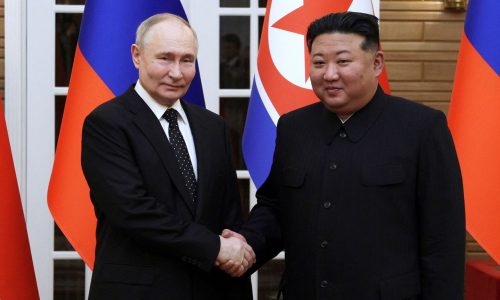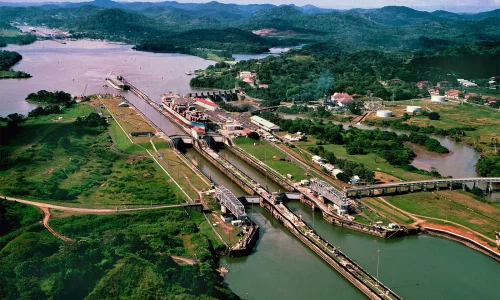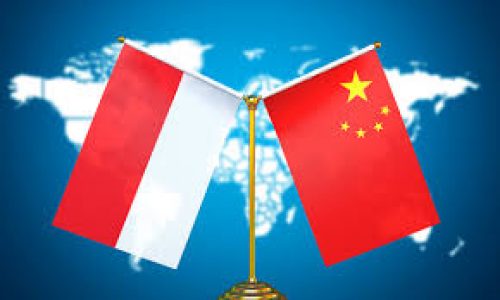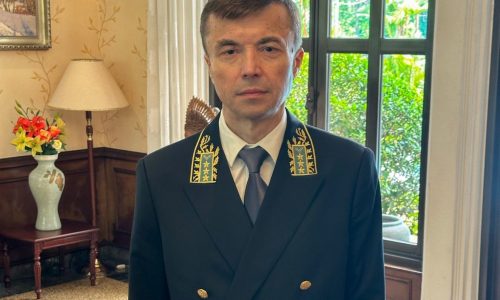By: Beni Sukadis
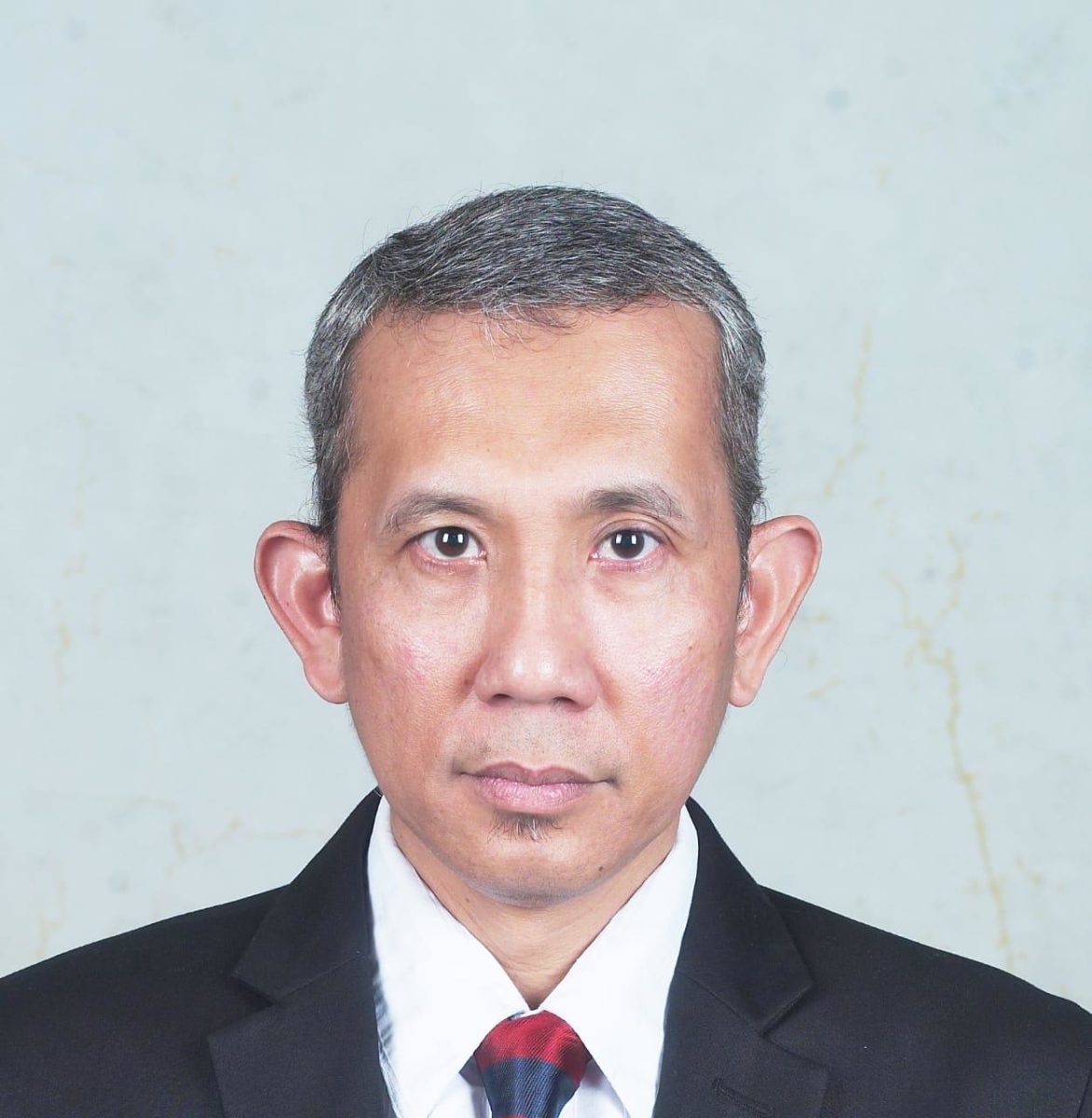
President Prabowo Subianto’s recent overseas tour to six countries − China, the United States, Peru, Brazil, the United Kingdom, and the UAE − highlights Indonesia’s active engagement in global diplomacy and its strategic positioning in international relations. The visits, held from November 8 until November 24, 2024, underscored Indonesia’s priorities of strengthening economic ties, fostering political partnerships, and advancing multilateral cooperation.
In China, Prabowo reaffirmed strong bilateral relations by meeting key leaders, including President Xi Jinping, and promoting mutual trust and investment. His U.S. visit focused on reinforcing defense and economic partnerships, as well as encouraging continued investments from American businesses. At the APEC Summit in Peru, Prabowo emphasized Indonesia’s commitment to open and fair trade while engaging Pacific leaders in discussions on regional cooperation.
The G20 Leaders’ Summit in Brazil provided an opportunity for Prabowo to advocate for inclusive global governance and strengthen ties with leaders from key nations, such as India and France. His visit to the UK, including discussions with King Charles III, centered on environmental conservation and sustainable development. Finally, in the UAE, Prabowo deepened Indonesia’s economic and strategic ties, solidifying its role as a regional stabilizer and a key player in promoting peace and mutual progress.
These visits demonstrate Prabowo’s foreign policy focus on pragmatic partnerships, economic diplomacy, and active participation in global forums, reinforcing Indonesia’s strategic importance in ASEAN, the Indo-Pacific, and beyond.
Prabowo Subianto’s foreign policy emphasizes pragmatic cooperation that aligns with Indonesia’s interests while prioritizing international stability and peace. Amid the growing rivalry between the United States and China, Prabowo is expected to adopt a balanced approach, avoiding favoritism toward any one power.
This approach underscores Indonesia’s commitment to maintaining stable relations with both nations, while ensuring the Southeast Asian region remains secure and peaceful. Cooperation will not only focus on the U.S. and China but also extend to other countries, particularly within ASEAN, to foster regional collaboration and stability.
Prabowo Subianto’s foreign policy vision is also deeply tied to domestic security concerns and reflects a commitment to sovereignty and stability, both domestically and internationally. In navigating Indonesia’s role amidst great power competition, Prabowo is likely to adopt a pragmatic approach, balancing relations with both the United States and China. This strategy aligns with Indonesia’s interests, focusing on mutual cooperation while prioritizing peace and stability in the Southeast Asian region. Cooperation with ASEAN countries and other global partners such as UK, Australia, Japan, India, and others will also remain a cornerstone of Indonesia’s foreign policy under Prabowo, reinforcing regional stability and economic collaboration.
Furthermore, Prabowo’s administration will likely uphold Indonesia’s longstanding foreign policy principles, including its unwavering support for Palestine. Indonesia’s consistent advocacy for Palestinian independence reflects its broader commitment to justice and sovereignty on the global stage. Regardless of leadership changes, this stance has remained a central element of Indonesia’s diplomatic efforts, ensuring that its voice continues to resonate in international forums.
Prabowo faces the challenge of balancing continuity with Jokowi’s legacy and public demands for more independent leadership. This includes addressing domestic development goals while maintaining steady international relations. By adopting this pragmatic and balanced approach, Prabowo seeks to solidify Indonesia’s position as a key player in ASEAN and the Indo-Pacific, ensuring both regional stability and the advancement of national interests.
The witer is an analyst wiith the Indonesia Institute for Defense and Strategic Studies (Lesperssi).



